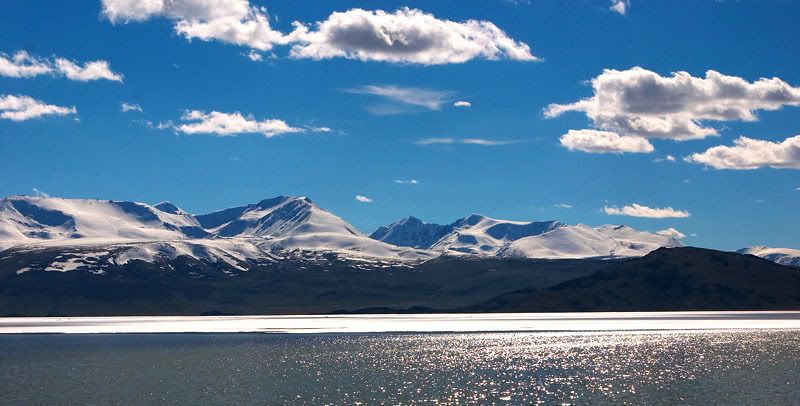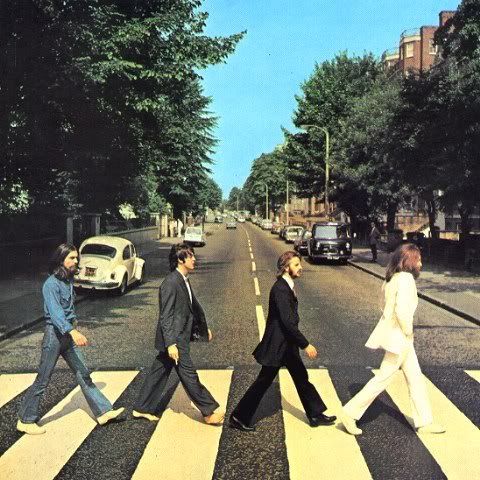A resilient society, especially in this fast-moving age, is said to be one where the losers are allowed to be eliminated and new winners are ready to usurp the positions of those whose time has passed. Indeed, evolution (and not just the biological kind) seems to conform to this picture, with losers constantly being eliminated and the winners' positions being ever threatened by new challenges. And interestingly, the latter is what most people are blind to. The winners don't usually win forever.
This picture is a positive one for society as a whole—there is continuity and everyone collectively has some chance. However, it is not one that is fair to individuals. Every person has aspirations; many want to carve their own niche. Unfortunately, most would not get there, and those who do may not stay there for very long. You may aspire to be an Alexander and become a Pyrrhus, only to die ignominiously in the streets of Argos.
Hence, while it is often to our benefit to labour under the impression that we as individuals carry weight, the reality is we can really only expect to be infinitesimal parts of the big picture. Our individual selves might matter little, while the primordial life force will thrive—Nietzsche's very vision of the Dionysian.
When we celebrate the Dionysian, we become conscious of the continuity of the whole and disregard our own individual fates. In fact, this often constitutes the essence of national projects: To work for and celebrate the success of the nation, whether or not you as a part stand to benefit yourself.
Nevertheless, self-abrogation, though often encouraged and edified by the community, will not make everyone content. Hence the illusions under which many of us labour. We need the heroic myth, the Apollonian tale of human endeavour that holds the promise of what is possible for ourselves.
This is often a necessary lie, without which we might be left despairing. Yet, again, it is one we can see past easily as we acknowledge that only a small number can attain even a shadow of the promise. Meanwhile, those whom we hail as titans of the day could soon become of no consequence, another noteworthy addendum. We are so obsessed with the present that we don't realise the heroes of today might become distant memories tomorrow. Nor do we realise that many of these 'movers and shakers' do not have the impact we attribute to them today.
Thus, wanting to make your mark on the world is virtually a pipe dream. But does that mean we can and should hope instead to make a mark in the lives of a few people? It's certainly more realistic, but we should still be wary. If we depend on others for our fulfilment, we might still be in for a rude awakening.
Arguably, and I agree with this point, finding fulfilment in our lives almost always requires the participation of other people. Nevertheless, I believe that a life too dependent on others is a life not worth living. Better seek our own happiness, with or without the involvement of others.
These are things that I have in mind as I contemplate a trip to the Orkhon Gol and the Altai Mountains, to the hinterland of those nomads who roamed the vast steppes for thousands of years. Who would know better about lives full of constant movement and change? How many people can claim to know the solitude of the infinite like the top of their saddles? Which society can better demonstrate the survival of the whole through the unquestioning generosity of the individual?
And yet these nomads, full of vigour and survival wisdom, ride at the very margins the modern world. There, in a different plane of existence that reflects all our lives, like the realm of Ideas.

